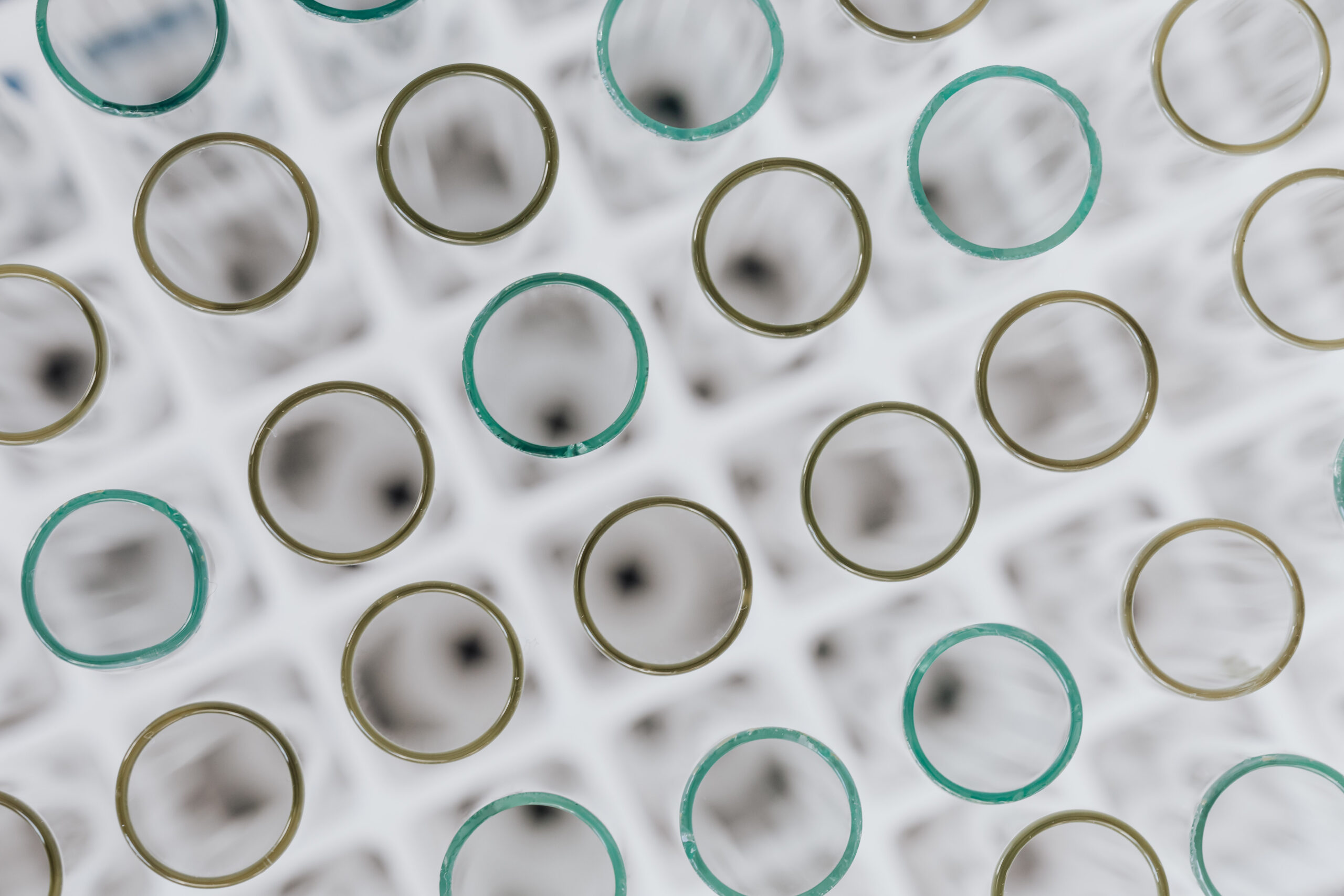What is the difference between naturopathy and conventional medicine?
Title: Understanding the Distinction between Naturopathy and Conventional Medicine
Introduction:In the realm of healthcare, there are various approaches to treating illness and maintaining overall well-being. Two prominent methods are naturopathy and conventional medicine. While both aim to promote health, they adopt different philosophies and treatment modalities. In this blog post, we will explore the fundamental dissimilarities between these two approaches, shedding light on their distinct characteristics, methodologies, and treatment principles.
Naturopathy:Naturopathy is a holistic form of healthcare that emphasizes the body’s ability to heal itself. It employs natural remedies, such as herbal medicine, dietary changes, and lifestyle modifications to promote wellness. Naturopaths focus on the underlying causes of diseases rather than merely alleviating symptoms. They aim to rejuvenate the body’s own healing mechanisms and restore balance by addressing the physical, mental, and emotional aspects of an individual’s health. Moreover, naturopathy emphasizes prevention through education, empowering individuals to take control of their well-being.
Conventional Medicine:Conventional medicine, often referred to as allopathic or Western medicine, is the mainstream approach to healthcare practiced by medical doctors (MDs). It primarily involves diagnosing and treating specific diseases or conditions. Conventional medicine utilizes medication, surgery, and other invasive procedures to alleviate symptoms or cure diseases. It relies heavily on scientific evidence, clinical trials, and medical advancements for diagnosis and treatment. This approach focuses on managing symptoms and eradicating the disease with minimal consideration for the underlying causes.
Differences:1. Philosophical Approach:Naturopathy adopts a holistic viewpoint, treating the whole person and considering the interconnectedness of various bodily systems. Conventional medicine, on the other hand, tends to focus on individual symptoms or specific organs.
2. Treatment Modalities:Naturopathy employs natural therapies, such as herbal medicine, acupuncture, homeopathy, and lifestyle counseling, to stimulate self-healing. Conventional medicine primarily uses pharmaceutical drugs, surgery, and other invasive procedures to manage symptoms and treat diseases.
3. Diagnostic Methods:Naturopathy places significant emphasis on comprehensive patient history, physical examination, and laboratory tests. Conventional medicine relies more heavily on advanced technology and diagnostic tools, such as medical imaging and laboratory investigations.
4. Time and Scope of Treatment:Naturopathic consultations are often longer, allowing for in-depth discussions and personalized treatment plans. Conventional medicine consultations tend to be shorter and focus on addressing immediate concerns.
5. Integration and Collaboration:Naturopathy encourages the integration of different therapies to optimize patient care. It supports collaboration with conventional medicine practitioners when necessary. Conventional medicine generally operates independently of other healthcare modalities.
Conclusion:While naturopathy and conventional medicine both aim to promote health and well-being, they differ significantly in their approach, treatment modalities, philosophies, and diagnostic methods. Naturopathy focuses on holistic healing, utilizing natural therapies and lifestyle modifications, whereas conventional medicine relies on pharmaceuticals and advanced medical interventions to manage symptoms. Understanding these distinctions can empower individuals to make informed decisions about their healthcare, enjoying the benefits of both approaches when appropriate. Ultimately, the choice between naturopathy and conventional medicine should be based on personal preferences, the nature of the condition, and the guidance of qualified healthcare professionals.



